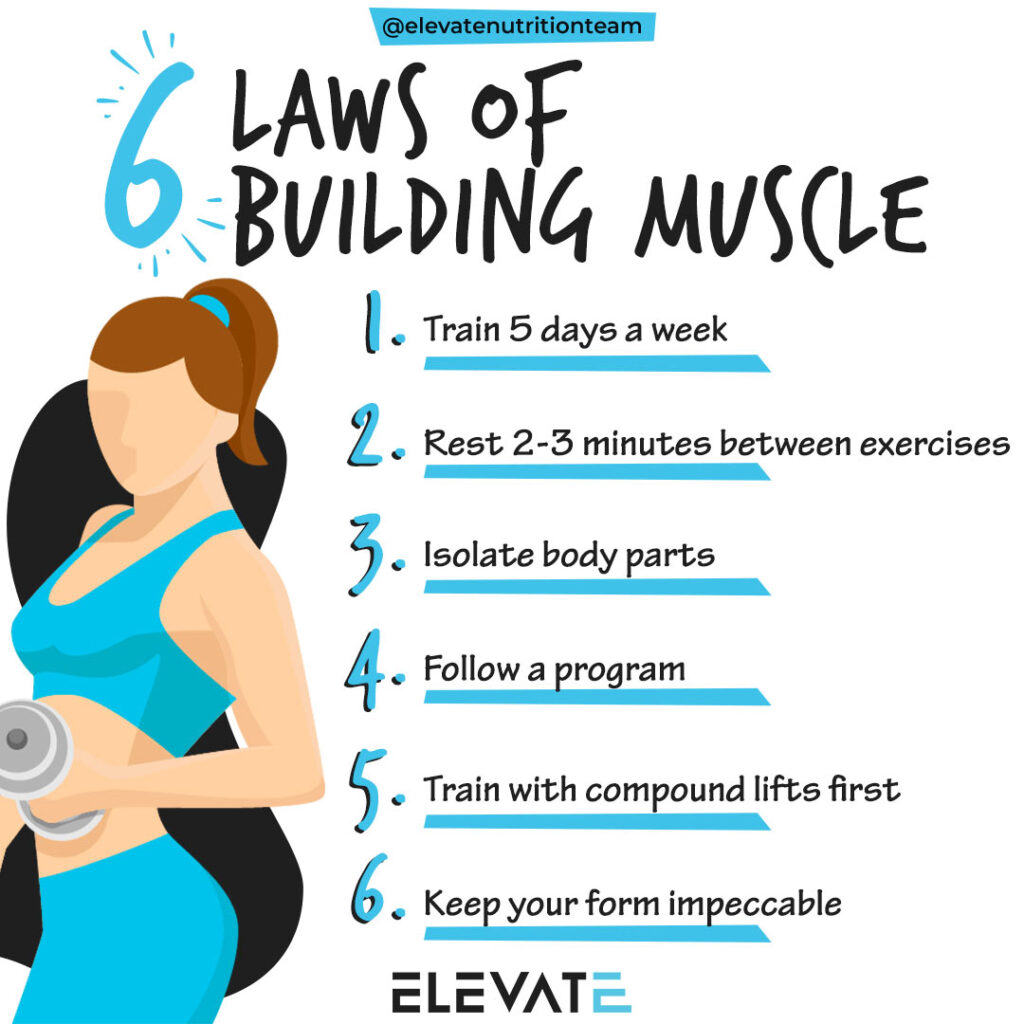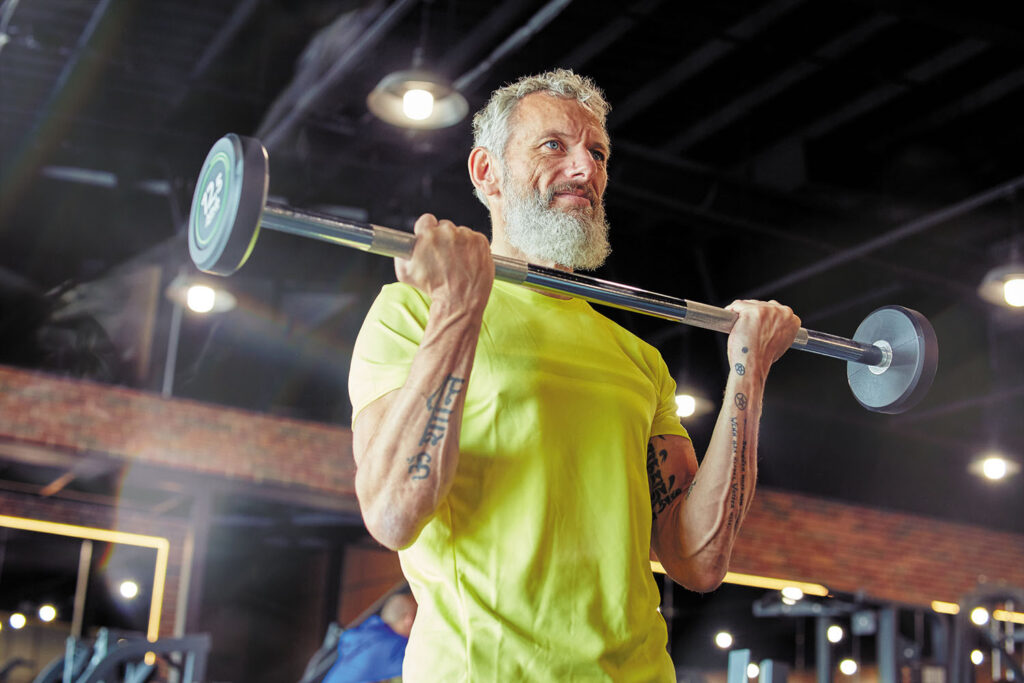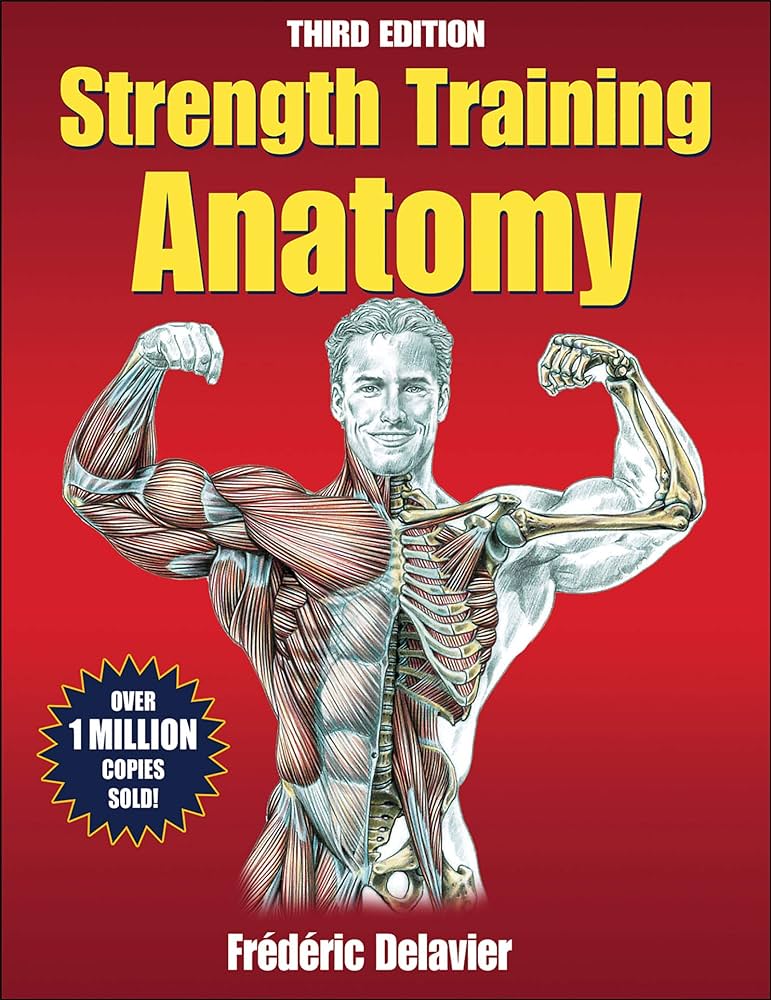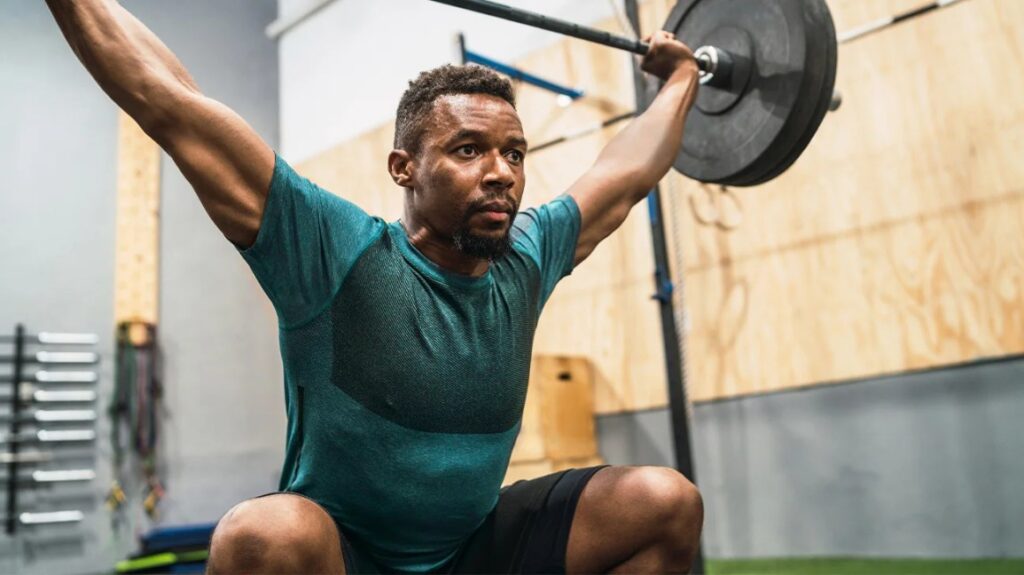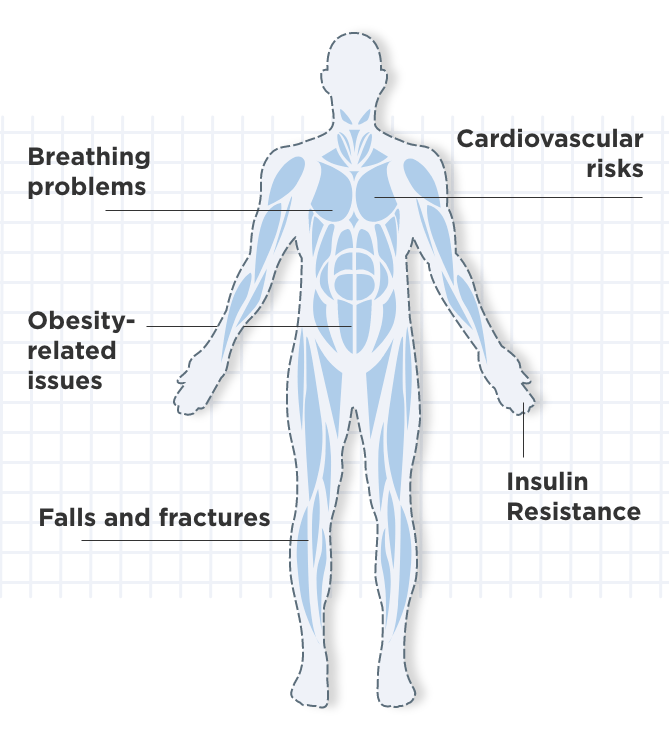Building muscle is important for overall health and functional strength. It enhances metabolism and improves physical appearance.
Muscle building plays a crucial role in maintaining a healthy lifestyle. Strong muscles support joints, reducing the risk of injury. Enhanced muscle mass boosts metabolic rate, aiding in weight management. Regular strength training can improve cardiovascular health and increase bone density.
This helps prevent conditions like osteoporosis. Additionally, building muscle can enhance mental well-being by reducing stress and improving mood. Incorporating strength training into your routine can lead to better posture and increased energy levels. Overall, muscle building offers numerous physical and mental benefits, making it a key component of a healthy lifestyle.
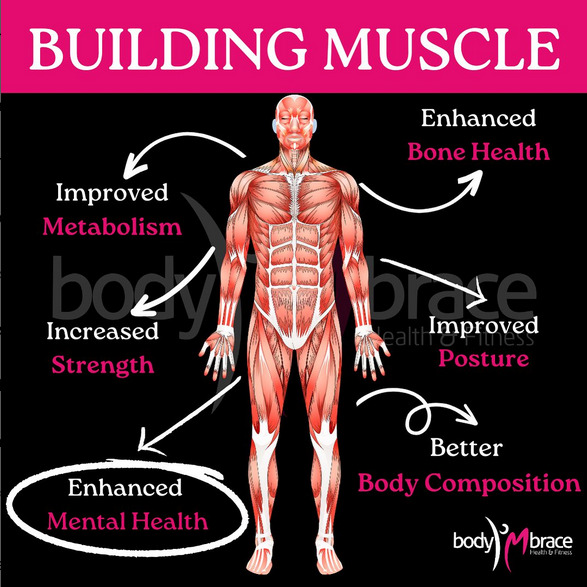
Credit: bodymbrace.com.au
Physical Health Benefits
Building muscle helps to boost your metabolism. Muscles burn more calories than fat. This means you will burn more calories even at rest. A better metabolism helps in managing weight. It also provides more energy throughout the day.
Muscle building strengthens your bones. This increases bone density. Strong bones reduce the risk of fractures. They also help in preventing osteoporosis. Regular strength training is key to maintaining healthy bones. It ensures a healthy and active lifestyle.
Mental Health Advantages
Building muscle helps reduce stress. Exercise releases endorphins. Endorphins make you feel happy. They act as natural painkillers. Strong muscles also improve your posture. Good posture can make you feel more confident. Confidence can lower stress levels. Regular exercise creates a routine. Routines can help manage stress better.
Muscle building leads to better sleep. Exercise tires your body. A tired body needs rest. Quality sleep helps your muscles recover. Recovery is important for muscle growth. Building muscle regulates your sleep patterns. Regular sleep improves your mood. Good mood helps you feel more rested. Rested people have more energy.
Boosting Confidence
Building muscle helps your body look stronger and healthier. You feel proud of your hard work. Muscles make your clothes fit better. You start to like what you see in the mirror. This boosts your mood and makes you smile more often.
Strong muscles make you feel powerful. You can do more activities with ease. This gives you a sense of accomplishment. You feel more confident in social settings. People notice your energy and positivity. This makes you feel even better about yourself.

Credit: truelifecanvas.com
Aging And Longevity
Building muscle helps keep you strong and active. Strong muscles make it easier to move around. You can walk, run, and play without getting tired. Muscles support your joints, which keeps them healthy. This helps you avoid injuries. Staying active makes you feel younger and happier.
Strong muscles can protect you from diseases. They help control your blood sugar levels. This can prevent diabetes. Building muscle also helps your heart stay healthy. A strong heart can pump blood better. This lowers your risk of heart disease. Having good muscles can also help with bone health. Strong muscles support your bones, which helps prevent osteoporosis. Keeping your body strong can help you live longer and healthier.
Exercise And Muscle Growth
Good workout routines help muscles grow. Strength training is very important. It includes exercises like lifting weights and using resistance bands. These exercises make muscles stronger. They also help muscles get bigger. Cardio exercises like running and biking are also good. They help keep the heart healthy. Mixing strength training and cardio is best. This way, you get a balanced workout.
Consistency is key in building muscle. Regular workouts help muscles grow faster. Skipping workouts slows progress. It is important to set a schedule. Stick to it every week. Small, regular efforts are better than one big effort. Rest days are also important. They help muscles recover. Muscles grow stronger during rest.
Nutrition For Muscle Building
A protein-rich diet helps build muscle. Eat foods like chicken, fish, eggs, and beans. These foods are full of protein. Protein repairs and grows muscle fibers. Dairy products like milk and cheese are also good. They have protein and calcium. Drink a protein shake after workouts. It helps muscles recover faster.
Supplements and vitamins can aid muscle growth. Creatine gives you more strength. It helps you lift heavier weights. BCAAs (Branched-Chain Amino Acids) reduce muscle soreness. They also help muscle growth. Vitamin D is important for muscle function. Get it from sunlight or supplements. Multivitamins ensure you get all the needed nutrients. They fill gaps in your diet.
Overcoming Challenges
Plateaus can be very frustrating. Muscles stop growing despite hard work. Try changing your routine to break the plateau. Different exercises can shock your muscles. Increasing weights gradually helps too. Keep track of progress in a journal. Eating enough protein is essential. Rest and recovery are also important.
Motivation can drop sometimes. Setting small goals helps stay focused. Celebrate each achievement, no matter how small. Workout with a friend for extra support. Listening to music can make workouts fun. Joining a fitness community can boost morale. Always remember why you started your journey.

Credit: www.anywherefitness.ie
Social And Lifestyle Impact
Building muscle often involves joining a gym or fitness class. This offers a chance to meet new people. Making friends who share similar goals can be very motivating. A strong support network is helpful for staying on track. Friends can offer advice and encouragement. This makes the journey more enjoyable and less lonely.
Strong muscles make everyday tasks easier. Lifting groceries or playing with kids becomes less tiring. Good muscle strength can reduce the risk of injury. It can also improve posture and balance. This helps in avoiding falls and other accidents. Daily activities feel less exhausting and more manageable.
Frequently Asked Questions
Why Is Building Muscle Important?
Building muscle improves strength and endurance. It boosts metabolism, helping with weight management. Muscle mass also supports joint health and reduces injury risk.
How Does Muscle Building Affect Metabolism?
Muscle tissue burns more calories than fat, even at rest. Building muscle can increase your resting metabolic rate, aiding in weight control.
Can Building Muscle Improve Mental Health?
Yes, building muscle can improve mental health. Exercise releases endorphins, which reduce stress and anxiety, and improve mood.
Does Muscle Building Prevent Chronic Diseases?
Building muscle helps prevent chronic diseases like diabetes and heart disease. It improves insulin sensitivity and cardiovascular health.
Conclusion
Building muscle enhances overall health, boosts confidence, and improves daily functionality. It’s essential for long-term well-being. Embrace strength training to enjoy these benefits. Start your fitness journey today and experience the positive impact of muscle building on your life. Prioritize your health and see the transformation unfold.

